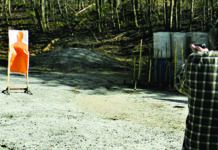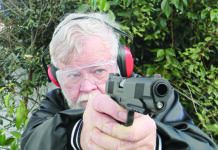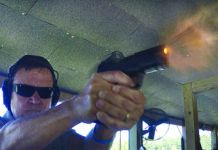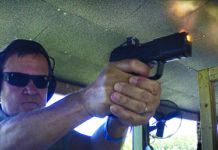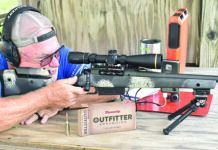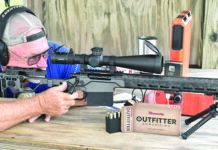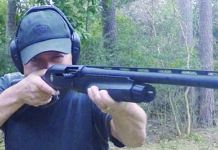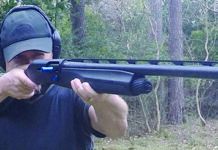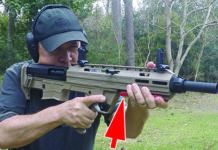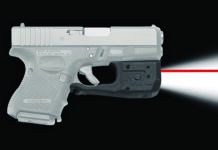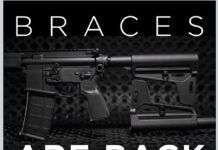An Individual Right
On Thursday, June 26, 2008, the Supreme Court rediscovered the Second Amendment. More than five years after six Washington, D.C. residents challenged the city’s 32-year-old ban on all

288
functional firearms in the home, the Court held in District of Columbia v. Heller that the law is unconstitutional.
The 5-4 decision, with the majority opinion written by Antonin Scalia, and joined by Chief Justice Roberts and Justices Anthony Kennedy, Clarence Thomas, and Samuel Alito, held:
1. The Second Amendment protects an individual right to possess a firearm unconnected with service in a militia, and to use that arm for traditionally lawful purposes, such as self-defense within the home.
(a) The Amendment’s prefatory clause announces a purpose, but does not limit or expand the scope of the second part, the operative clause. The operative clause’s text and history demonstrate that it connotes an individual right to keep and bear arms.
(b) The prefatory clause comports with the Court’s interpretation and legislators, from immediately after its ratification through the late 19th century also supports the Court’s conclusion.
(f) None of the Court’s precedents forecloses the Court’s interpretation.…
2. Like most rights, the Second Amendment right is not unlimited. It is not a right to keep and carry any weapon whatsoever in any manner whatsoever and for whatever purpose: For example, concealed weapons prohibitions have been upheld under the Amendment or state analogues. The Court’s opinion should not be taken to cast doubt on longstanding prohibitions on the possession of firearms by felons and the mentally ill, or laws forbidding the carrying of firearms in sensitive places such as schools and government buildings, or laws imposing conditions and qualifications on the commercial sale of arms. Miller’s holding that the sorts of weapons protected are those “in common use at the time” finds support in the historical tradition of prohibiting the carrying of dangerous and unusual weapons.
3. The handgun ban and the trigger-lock requirement (as applied to self-defense) violate the Second Amendment. The District’s total ban on handgun possession in the home amounts to a prohibition on an entire class of “arms” that Americans overwhelmingly choose for the lawful purpose of self-defense. Under any of the standards of scrutiny the Court has applied to enumerated constitutional rights, this prohibition-in the place where the importance of the lawful defense of self, family, and property is most acute-would fail constitutional muster. Similarly, the requirement that any lawful firearm in the home be disassembled or bound by a trigger lock makes it impossible for citizens to use arms for the core lawful purpose of self-defense and is hence unconstitutional. Because Heller conceded at oral argument that the D. C. licensing law is permissible if it is not enforced arbitrarily and capriciously, the Court assumes that a license will satisfy his prayer for relief and does not address the licensing requirement. Assuming he is not disqualified from exercising Second Amendment rights, the District must permit Heller to register his handgun and must issue him a license to carry it in the home. GT


